Open loop geothermal systems offer an eco-friendly way to heat homes, utilizing the earth’s consistent temperatures to provide efficient heating solutions. These systems are particularly popular in regions where groundwater is abundant, making them a viable choice for many households in Michigan. However, as wonderful as these systems are, they face unique challenges when temperatures drop during Michigan’s harsh winters.
This article will delve into these challenges and offer insights into maintaining top performance throughout the winter season.
Understanding Open Loop Geothermal Systems in Cold Climates
Open loop geothermal systems utilize groundwater as their main resource for heating and cooling. These systems extract water from an aquifer, circulate it through a heat pump, and return it to the ground. This process allows the extraction of consistent temperatures from the earth, providing efficient heating throughout the year.
In colder climates, such as Michigan, groundwater temperatures play a crucial role. Unlike closed loop systems that rely on the consistent ground temperature, open loop systems can be influenced by fluctuations in groundwater. During cold winters, the incoming water may become colder, impacting the heat pump’s efficiency and the overall system performance.
A crucial aspect of an open loop system is the access to a reliable aquifer with sufficient flow and temperature. Properly assessing the source before installation ensures effective seasonal operation. Understanding how these systems work in the context of Michigan’s cold climate helps in preparing for variations in heating performance.
Another factor is the system’s dependence on water quality. Mineral build-up and potential contaminants from the groundwater can affect heat transfer efficiency and require regular maintenance. Keeping these aspects in mind ensures that an open loop geothermal system can efficiently meet heating needs even during the coldest months.
Winter Challenges Specific to Michigan and Their Impact
Michigan’s harsh winters bring unique challenges to open loop geothermal systems. The colder groundwater temperatures can significantly impact how the system performs. As groundwater temperatures drop, the system might require more energy to provide the necessary heat, which can increase operational costs and reduce the system’s overall efficiency.
One challenge is the potential for freezing pipes. When outdoor temperatures plummet, parts of the system exposed to the elements may freeze. This can lead to significant issues, including reduced water flow and possible damage to the system. Ensuring that pipes and components are adequately insulated helps prevent this problem.
Michigan’s varying winter conditions also affect water quality. Ice and snow melt can introduce debris and impurities into the groundwater. These particles can clog the system or reduce heat transfer, resulting in less efficient performance. Regular monitoring of water quality can mitigate these challenges.
Power outages during Michigan’s severe winter storms pose another hurdle for homeowners relying on geothermal systems. Without electricity, the system fails to operate, leaving homes without heat. Therefore, having a backup power plan is crucial to maintain comfort during outages.
By understanding these specific winter challenges, homeowners can take proactive steps to prepare their open loop geothermal systems to withstand Michigan’s cold, ensuring efficient and reliable operation.
Effective Solutions for Common Open Loop Issues
To address the challenges faced by open loop geothermal systems, there are several effective solutions that can be implemented. Ensuring efficient performance begins with tackling issues specific to colder climates and Michigan’s unique environmental conditions.
Regular maintenance is crucial. Scheduling routine inspections helps catch potential problems early. This includes checking for mineral deposits that can affect heat exchange efficiency and cleaning or replacing filters to maintain optimal water flow.
Pipe insulation is another critical factor. Proper insulation prevents pipes from freezing, ensuring that water can circulate freely even during extreme cold spells. In addition, using insulation materials rated for outdoor use can significantly reduce the risk of freeze-related damage.
Investing in a backup power source like a generator is also recommended. This ensures the system continues to function during power outages, keeping homes warm and comfortable throughout winter storms. This proactive measure offers peace of mind and prevents the disruptions that follow a loss of power.
Water quality management is essential. Installing a water softener or filtration system can minimize mineral buildup. This maintains the system’s heat transfer efficiency, allowing it to operate at peak performance, regardless of groundwater conditions.
Optimizing System Performance with Preventive Measures
Keeping an open loop geothermal system running efficiently in Michigan’s cold climate requires some preventive strategies. By adopting these measures, homeowners can maintain reliable heating throughout the winter and extend the system’s lifespan.
One effective measure is seasonal system balancing. Adjusting the system settings to suit changing temperatures optimizes performance, ensuring enough heat is provided while minimizing energy use.
Implementing regular system checks is also beneficial. Conduct monthly inspections to assess all components, from the heat pump to the pipes. Look for any unusual noises, leaks, or temperature inconsistencies that could indicate a problem.
Address minor repairs promptly. Ignoring small issues can lead to bigger problems, reducing system efficiency and leading to costly repairs. Quick intervention keeps the system healthy and effective through the cold months.
Educating household members on system operation can help. Knowing how to adjust settings or identify potential issues ensures timely responses to changing demands. This knowledge empowers users to take charge of the system’s efficiency.
Conclusion
By understanding the challenges and solutions of open loop geothermal systems in Michigan, homeowners can ensure their systems stand up to the harsh winters. Properly maintained systems deliver consistent and efficient heat, providing comfort when it’s needed most. Regular maintenance, preventive measures, and quick action to address common issues all play a part in keeping a geothermal system running smoothly.
If you’re ready to optimize your home’s heating system for Michigan’s cold winters, reach out to Adam’s Heating Cooling and Plumbing. Our experts can help you assess your heating needs and provide geothermal system installation, keeping it efficient and effective year-round. Let us ensure your home stays cozy no matter what the season brings!

